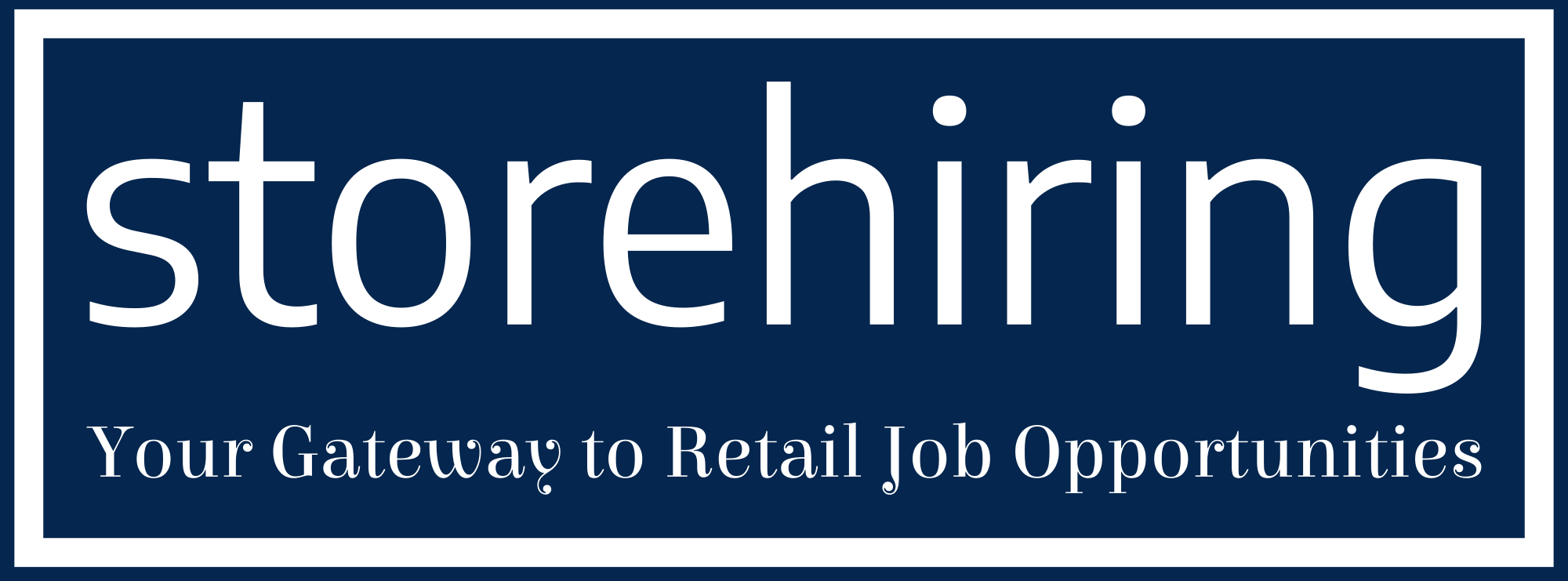Balancing work and personal life is a crucial yet challenging task, especially in the retail industry where irregular hours, high demand, and customer-facing roles can add extra pressure. Achieving a healthy work-life balance is essential for maintaining overall well-being and job satisfaction.
This article explores practical strategies for retail employees to effectively balance their work responsibilities and personal lives.
Understanding the Challenges
Irregular Hours
Retail employees often work non-traditional hours, including nights, weekends, and holidays. This can disrupt personal routines and make it difficult to plan personal activities.
High Customer Interaction
Frequent and intense customer interaction can be mentally and emotionally draining, impacting personal time and energy levels.
Demanding Work Environment
Retail jobs often require standing for long periods, managing large volumes of stock, and dealing with high-stress situations, all of which can affect personal life balance.
Strategies for Balancing Work and Personal Life
Effective Time Management
Time management is key to balancing work and personal life. By organizing and prioritizing tasks, retail employees can ensure they make the most of their time both at work and at home.
Key Tips:
- Create a Schedule: Plan your week in advance, including work shifts, personal time, and family activities.
- Prioritize Tasks: Focus on high-priority tasks first, both at work and at home.
- Use Technology: Utilize apps and tools for scheduling, reminders, and task management to stay organized.
Set Boundaries
Setting clear boundaries between work and personal life is essential for maintaining balance and preventing burnout.
Key Tips:
- Define Work Hours: Stick to your scheduled work hours and avoid taking work home unless absolutely necessary.
- Communicate Limits: Let your employer and colleagues know your availability and personal time boundaries.
- Unplug from Work: When off the clock, disconnect from work-related communication to focus on personal activities.
Take Advantage of Flexible Scheduling
Many retail employers offer flexible scheduling options that can help employees balance their work and personal lives more effectively.
Key Tips:
- Request Preferred Shifts: If possible, request shifts that align with your personal schedule and commitments.
- Utilize Shift Swaps: Coordinate with colleagues to swap shifts when necessary to accommodate personal plans.
- Explore Part-Time Options: Consider part-time work if full-time hours are too demanding.
Prioritize Self-Care
Taking care of your physical and mental well-being is crucial for maintaining a healthy work-life balance.
Key Tips:
- Exercise Regularly: Incorporate physical activity into your routine to reduce stress and boost energy levels.
- Healthy Eating: Maintain a balanced diet to stay energized and focused.
- Mental Health: Practice mindfulness, meditation, or other relaxation techniques to manage stress.
Seek Support
Don’t hesitate to seek support from your employer, colleagues, and loved ones to help balance your work and personal life.
Key Tips:
- Employee Assistance Programs: Take advantage of any available employee assistance programs (EAP) offered by your employer.
- Colleague Support: Lean on colleagues for support, especially during busy or stressful periods.
- Family and Friends: Communicate with family and friends about your work schedule and seek their support when needed.
Make Personal Time a Priority
Ensuring that you allocate time for personal activities and relaxation is vital for maintaining a healthy work-life balance.
Key Tips:
- Schedule Personal Activities: Just as you schedule work shifts, schedule personal activities and stick to them.
- Quality Time: Spend quality time with loved ones, engaging in activities that you enjoy.
- Relax and Recharge: Take time to relax and recharge to avoid burnout and maintain productivity.
Employer Initiatives for Work-Life Balance
Many top retail employers recognize the importance of work-life balance and offer initiatives to support their employees.
Flexible Work Schedules
Retailers like Target and Best Buy offer flexible work schedules, allowing employees to choose shifts that best fit their personal lives.
Paid Time Off
Companies such as Walmart and Costco provide generous paid time off policies, including vacation days, sick leave, and personal days, to help employees manage their personal lives.
Health and Wellness Programs
Retailers like Amazon and Target offer comprehensive health and wellness programs, including fitness discounts, mental health support, and wellness resources.
Employee Assistance Programs
Many retailers provide Employee Assistance Programs (EAP) that offer counseling, financial advice, and other resources to help employees manage personal and work-related challenges.
Conclusion
Balancing work and personal life in the retail industry can be challenging, but it is achievable with effective time management, clear boundaries, flexible scheduling, and a focus on self-care. By prioritizing personal time and seeking support, retail employees can maintain a healthy balance that promotes well-being and job satisfaction. Employers also play a crucial role by offering initiatives and programs that support their employees' work-life balance, contributing to a more positive and productive work environment.
